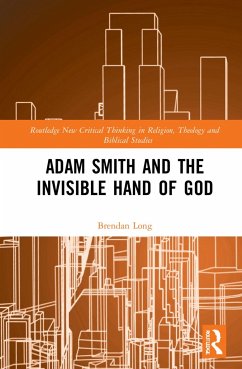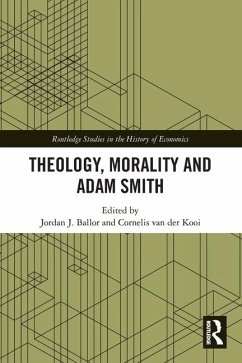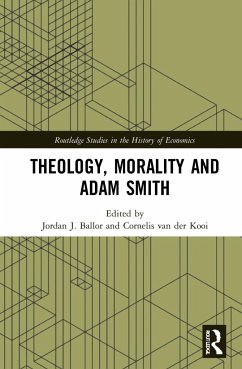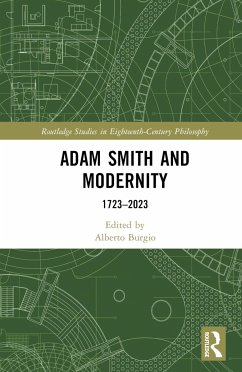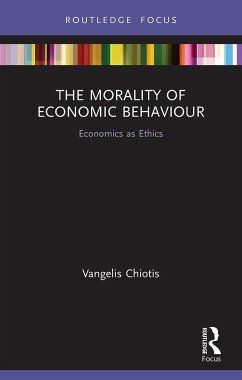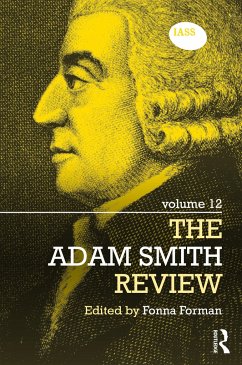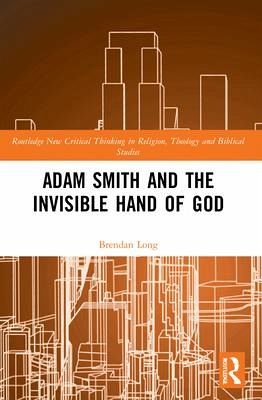
Adam Smith and the Invisible Hand of God
Versandkostenfrei!
Versandfertig in 6-10 Tagen
43,99 €
inkl. MwSt.
Weitere Ausgaben:

PAYBACK Punkte
22 °P sammeln!
This book contributes to the 'new view' reading of Adam Smith, providing a historically and contextually rich interpretation of Smith's thought. Smith built a moral philosophy on the foundations of a natural theology of human sociality. Examination of his life, relationship with David Hume and use of divine names shows that he retained a progressive form of Christian theism. The book interrogates the metaphor of the 'invisible hand' and highlights the importance of the religious dimension of Adam Smith's thought for his moral philosophy, his jurisprudence and his economics. It reflects on the ...
This book contributes to the 'new view' reading of Adam Smith, providing a historically and contextually rich interpretation of Smith's thought. Smith built a moral philosophy on the foundations of a natural theology of human sociality. Examination of his life, relationship with David Hume and use of divine names shows that he retained a progressive form of Christian theism. The book interrogates the metaphor of the 'invisible hand' and highlights the importance of the religious dimension of Adam Smith's thought for his moral philosophy, his jurisprudence and his economics. It reflects on the contemporary relevance of a theological reading of Smith and lays the ground for further inquiry between economic and religious perspectives.





